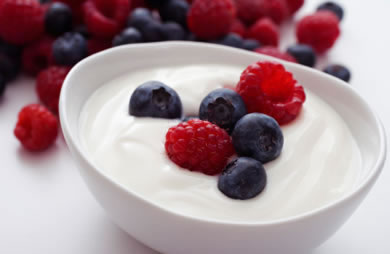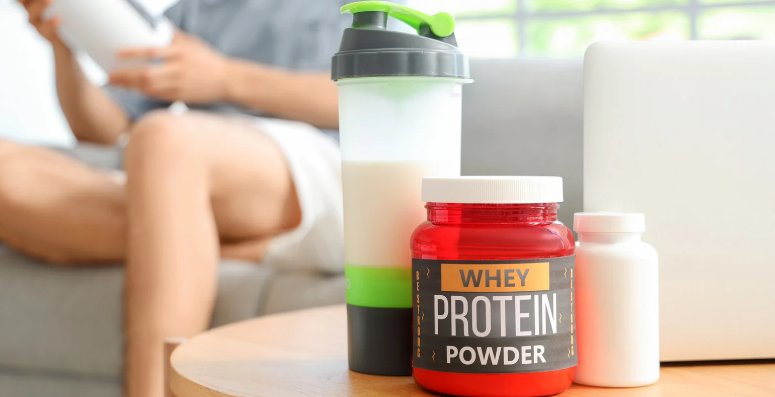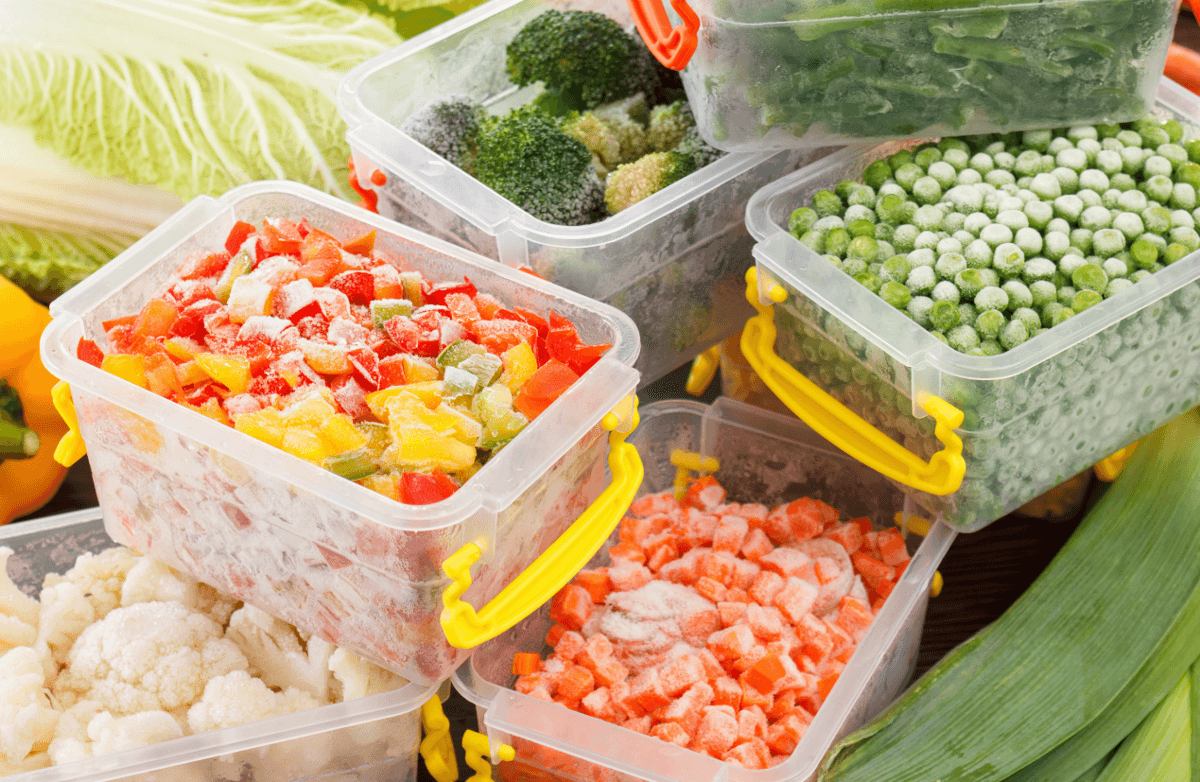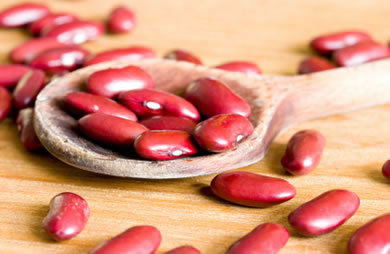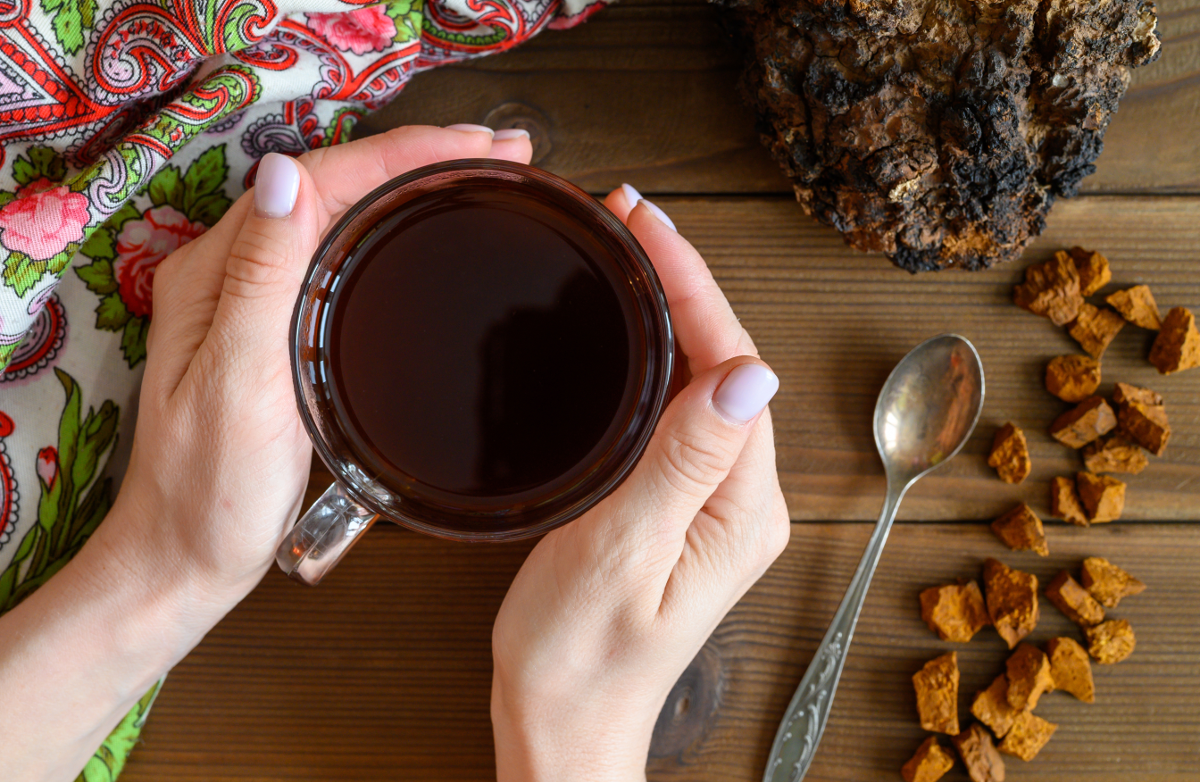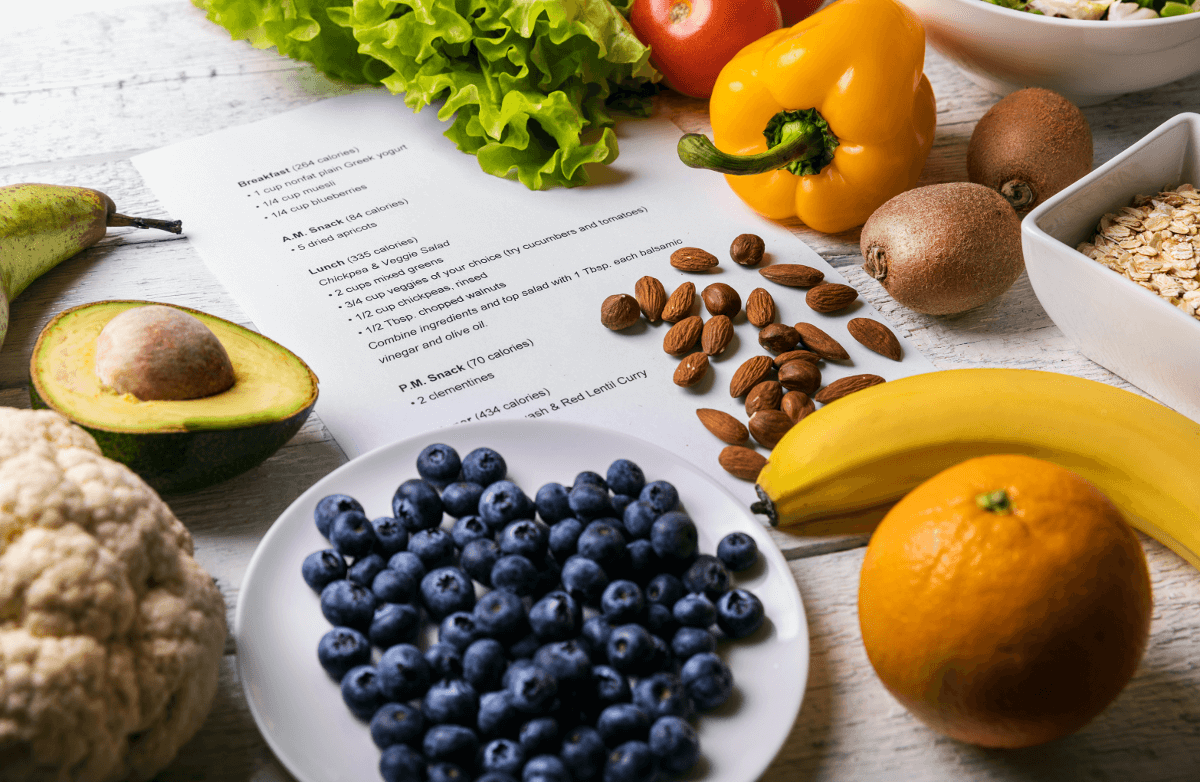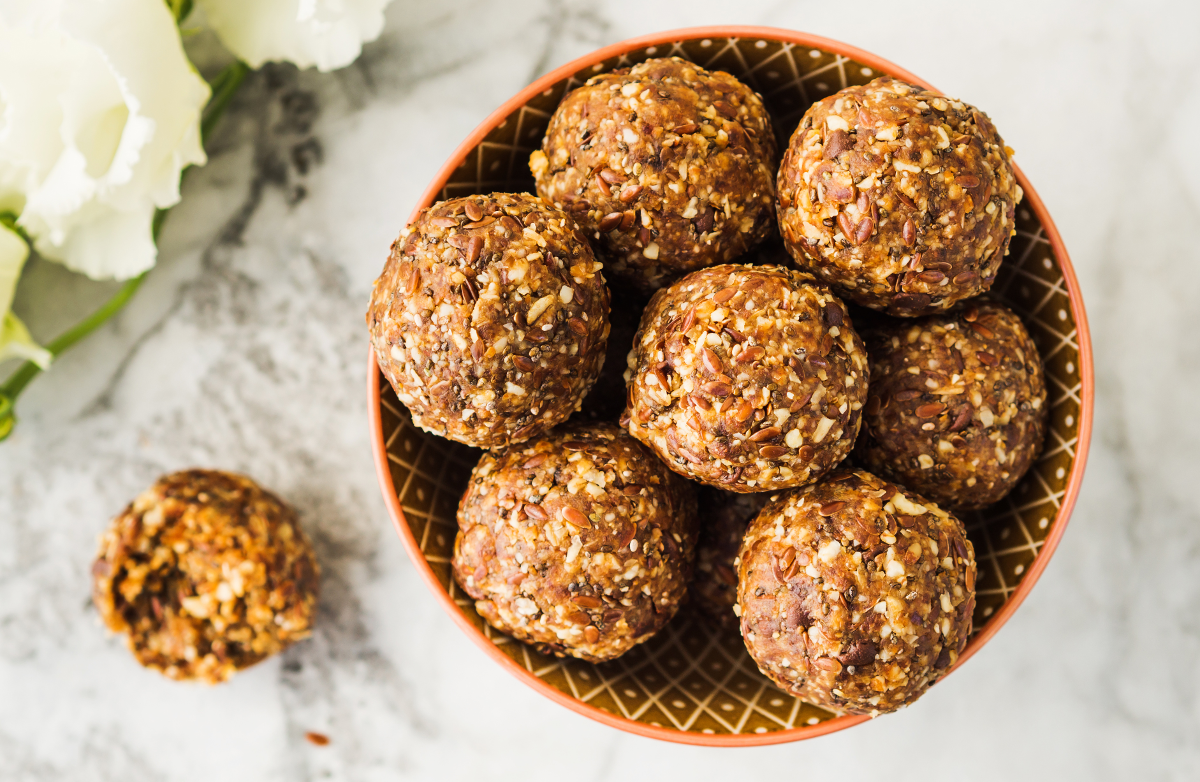Sweet tooth got you down? With excessive sugar intake linked to a host of weight and health problems, you might be on the hunt for an alternative to satisfy your cravings without all the health risks. But is it possible to have your sugar and eat it, too? Could monk fruit extract be the sweet relief you've been seeking?
Monk fruit, or luo han guo, is a small gourd-like fruit native to southern China and northern Thailand. Prized for its sweetness and medicinal properties in traditional Chinese medicine, monk fruit has been diligently cultivated since the 13th century, being named for the Buddhist monks dedicated to this task. After processing, monk fruit extract is sugar-free, calorie-free, gluten-free, sodium-free, fat-free, and 150 to 250 times sweeter than sugar with a slightly fruity aftertaste.
While monk fruit has been used in Asia for hundreds of years, it is a relative newcomer to the West. The FDA deemed it GRAS (generally regarded as safe) as of 2010, and to date, there are no known negative side effects. Though the European Union has yet to give the sweetener its stamp of approval, there is currently no evidence that it poses any health risks. It may, in fact, have special benefits to offer.
Aside from its use as a sugar alternative, research into the health benefits of monk fruit and its phytochemicals has shown promise. Though more research is needed and it’s premature to draw any conclusions yet, these studies show that monk fruit extract may have more to offer than just its sweet taste:
- A study conducted in 2009 found that monk fruit extract is indeed a low glycemic sweetener and may also promote a beneficial secretion of insulin for lowering blood sugar levels.
- Monk fruit owes its sweetness primarily to mogrosides, a group of antioxidants which may provide a host of health-protective benefits. Researchers in 2016 found that a mogroside compound found in monk fruit suppressed tumor activity of colorectal and throat cancers both in vitro and in mice.
- In a more recent study published in 2020, researchers demonstrated monk fruit’s anti-hyperglycemic and anti-lipidemic effects on obese rats.
Whether you’re looking to sweeten your tea or lighten up your favorite recipe, monk fruit extract’s versatility makes it easy to use. For the purist, liquid monk fruit extracts typically have zero additional ingredients or additives, and offer concentrated sweetness in every drop. When it comes to your favorite hot or cold beverages, simply replace your usual sweetener with one or two drops of liquid monk fruit extract. It also mixes beautifully into plain yogurt—just add a few drops of vanilla extract and your favorite fruit for a delicious breakfast with a fraction of the sugar.
Granulated monk fruit extract is an easy swap, as well. Typically formulated to replace sugar teaspoon for teaspoon, you won’t have to wonder at the right amount to use in your morning cup of joe. For those looking for sugar alternatives for baking, granulated varieties are your best bet, as well. In most recipes, you can successfully replace 1/3 to 1/2 of the sugar with granulated monk fruit extract. Depending on the recipe, though, you may need to reduce your baking time by a few minutes, so keep an eye on the oven.
If you dread mornings and are looking for something to help you rise and shine, monk fruit extract syrup might be right up your alley. With a thick and rich consistency plus the added flavor of pure maple extract, these syrups are delicious drizzled on your morning oatmeal, hot pancakes, or in your chai tea. If dessert is on your mind, try a bit over baked fruit for a healthy treat that’s sure to satisfy your sweet tooth.
Regardless of which option you try, it's important to always check the nutrition facts label and its list of ingredients. Monk fruit extract comes in various formulations and some varieties may have additional ingredients to either balance its sweetness or add bulk. Sugar alcohols, such as erythritol and xylitol, are sometimes added to monk fruit extract products and may cause a variety of gastrointestinal issues, such as excessive gas, bloating, upset stomach or diarrhea. Other products may contain additional sweeteners that add grams of sugar and calories. Research and awareness are always your friend when stocking your kitchen.
As with any sweet treat, remember that moderation is key—whether you’re reaching for sugar or a sweet alternative.




